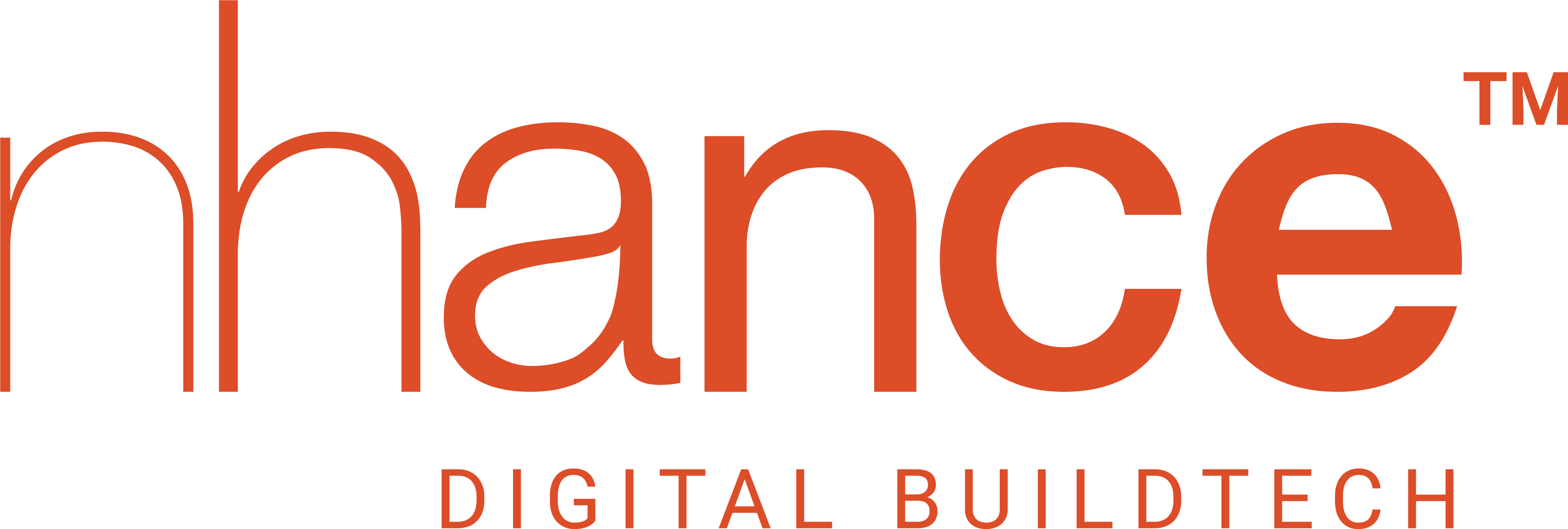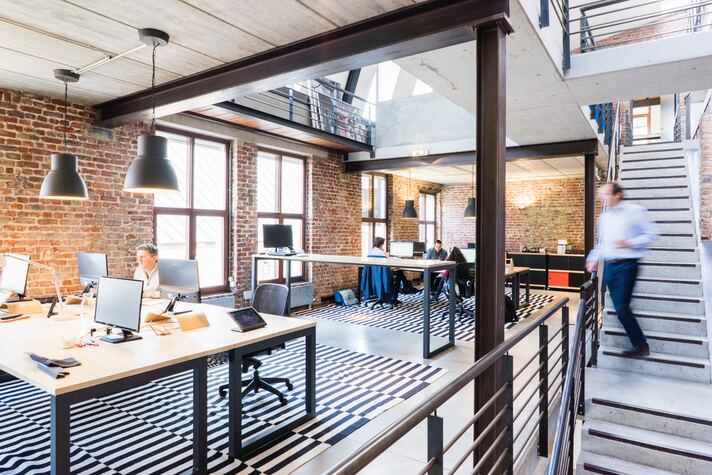IoT is one of the most practical and economical technologies in use that is adding value to building structures by integrating different building systems and increasing the overall effectiveness of buildings. Its adoption in building management is making the built structures smart and proactive, equipping facility managers with unprecedented and detailed insights into several facets of buildings, and enabling buildings to operate at their maximum potential based on the generated real-time data.
Especially the IoT-enabled BMS, which gives precise estimates of utility consumption and existing inefficiencies, is making IoT a game changer in building management. Today, IoT-enabled smart sensors, safety systems, integrated beacons, data storage systems, and other means have become crucial in building management. The IoT-enabled BMS is also projected to be a major factor in the growth of the smart buildings market.
By 2030, according to the G6 World estimate, the IoT is expected to save a total of 5.3 PWh of energy, and an extra 3.5 PWh of hydrocarbon use. Its implementation is anticipated to conserve 230 billion m3 of water and avert 1 Gt of CO2 emissions.
Benefits Of Using IoT In Building Management
Energy Efficiency: IoT networks capture data related to energy consumption at facilities which aids in drawing measures to achieve energy efficiency goals. Smart IoT solutions for energy-efficient buildings include sensors to turn off the HVAC systems and lights in absence of occupants and remotely monitored smart meters and smart power grids for information related to real-time power usage. Such information can aid decision-making regarding power regulation, load switching, network configuration, or in the event of outages. The real-time, granular IoT sensors assist in gathering information on humidity, temperature, static pressure, etc., and allow for better energy conservation and better indoor environment control.
Safety and Security: With an IoT BMS in place, there is no chance of critical data being compromised. As far as physical security is concerned, visitors can be tracked by environmental sensors installed at entrances. The constant monitoring of buildings using various IoT sensors and electronic gadgets tends to be quite beneficial in the event of theft and natural calamities.
Resource management: Consumption and use of resources like energy and important assets can be monitored and optimized effectively using IoT solutions. It also helps managers to get a thorough understanding of their resources and inventory use.
Extensive maintenance coverage: IoT-enabled BMS reduces the risks associated with operations, unscheduled asset/system failure, resource loss, and asset breakdown. By deploying IoT sensors in buildings, facility managers can undertake predictive maintenance by identifying unusual behaviour and minimizing downtime. Consequently, it also results in cost reductions and effective use of labour.
Space reservation and scheduling: Utilizing a visual floor plan, IoT-enabled occupancy management systems enable occupants to view which spaces are reserved or open in real-time. It also provides companies with a precise picture of the workplace and suggests how it can be optimized.
Data archiving: Highly secured data gathering and analysis are possible using IoT building management solutions. They have low deployment and operational costs and offer a user experience tailored to the needs of facility managers.
Fast communication: Tools and built-in beacons are practical, affordable solutions to promptly inform, warn, or even transmit the whereabouts of something or someone inside the building to all the occupants of a building. Such tools can be very helpful during an emergency evacuation from the building.
Businesses today are rigorously evaluated for their sustainability practices, which is making them cut carbon emissions, conserve scarce resources, enhance reliability and visibility, and slash operating costs. Due to the ease of installation and efficient management, IoT-enabled BMS has the potential to make all of this conveniently possible for structures of all sizes. IoT-enabled BMS holds benefits in store that extend well beyond mere optimizations. Therefore, implementing it will be the imminent future that will benefit the general standard of buildings as well as their occupants.








